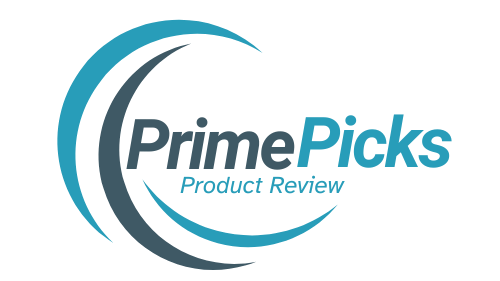Introduction
The laptop market is constantly evolving, with brands competing to deliver better performance, portability, and user-focused innovations. While some companies specialize in gaming powerhouses, others emphasize lightweight designs or budget-friendly productivity tools. Among these, Alienware (Dell’s gaming subsidiary), LG Gram Series, Toshiba Dynabook, Huawei, and Xiaomi stand out for their unique contributions to the industry. From high-performance gaming rigs to ultra-thin ultrabooks and cost-effective laptops, these brands cater to a wide variety of needs.
1

Alienware (Dell Subsidiary)
Alienware, a subsidiary of Dell, is one of the most iconic names in gaming laptops. Known for its powerful hardware, advanced cooling systems, and futuristic design, Alienware machines are built for hardcore gamers and power users. These laptops are equipped with high-end Intel/AMD processors, NVIDIA RTX graphics, and customizable RGB lighting, making them capable of handling AAA titles, VR experiences, and creative workloads.
A+
Overall Grade
4.9
10K+
Review
- Features
High-performance NVIDIA RTX GPUs
Advanced cooling systems for long gaming sessions
AlienFX customizable RGB lighting
High-refresh-rate displays (120Hz–480Hz)
Premium build with futuristic design
- Benefit
Delivers top-tier gaming and VR performance
Designed for long gaming marathons without overheating
Immersive visuals and customizable aesthetics
Pros :
✔ Exceptional gaming performance
✔ Advanced thermal management
✔ Futuristic design with RGB customization
✔ High-quality displays with fast refresh rates
Cons :
✘ Very expensive compared to standard laptops
✘ Heavier and less portable
✘ Shorter battery life due to powerful components
2
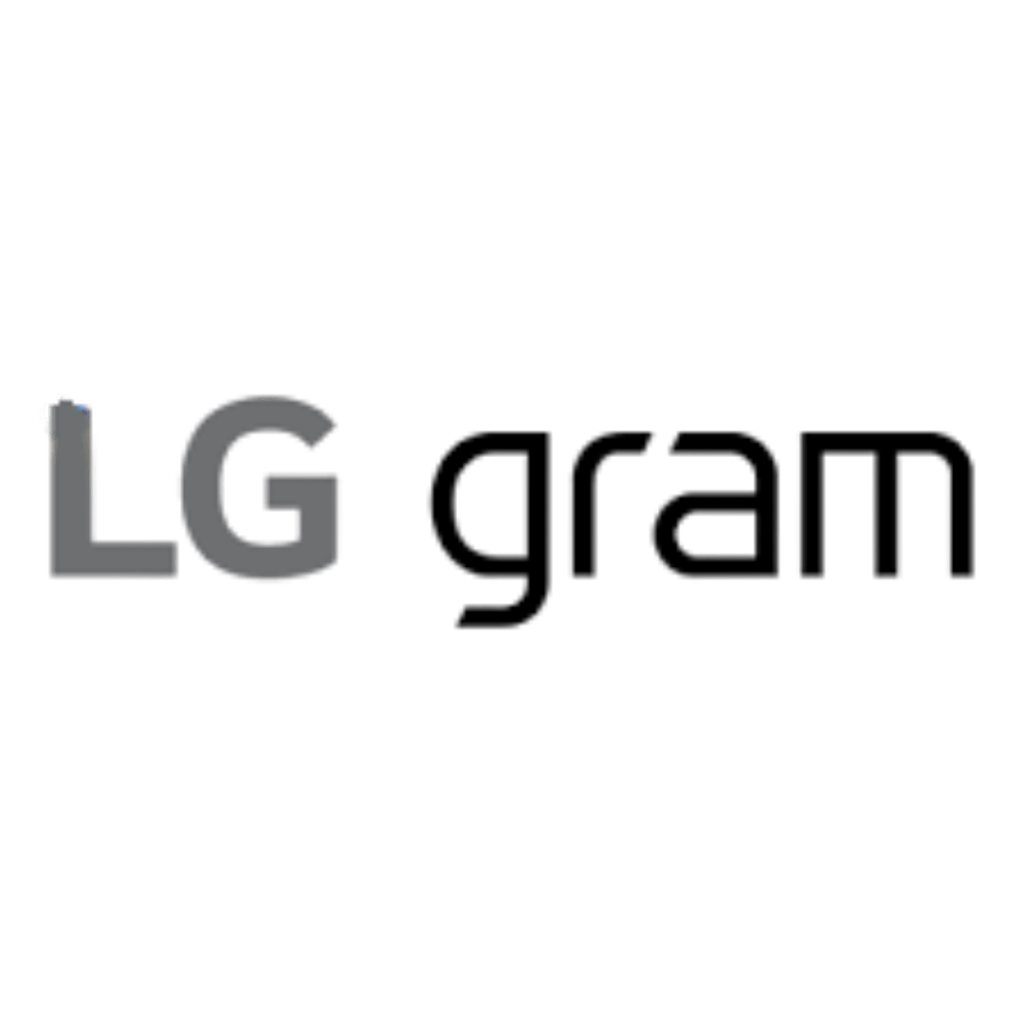
LG Gram series
The LG Gram series has become a favorite for users who prioritize ultra-portability and long battery life. Known as one of the lightest laptop lineups in the market, Gram laptops feature sleek designs without compromising performance. They typically come with Intel Evo-certified processors, vibrant displays, and all-day battery power, making them ideal for business professionals, travelers, and students.
A-
Overall Grade
4.7
7.5K+
Review
- Features
Extremely lightweight design (under 1kg in some models)
Long battery life (up to 19 hours)
Intel Evo platform with fast performance
Full HD and WQXGA display options
Durable magnesium alloy build
- Benefit
Easy to carry for travel and commuting
Long-lasting power for all-day productivity
Combines portability with premium design
Pros :
✔ One of the lightest laptops available
✔ Excellent battery life
✔ Premium build quality
✔ Reliable productivity performance
Cons :
✘ Not suitable for gaming or heavy workloads
✘ Higher price than some ultrabooks
✘ Limited customization options
3
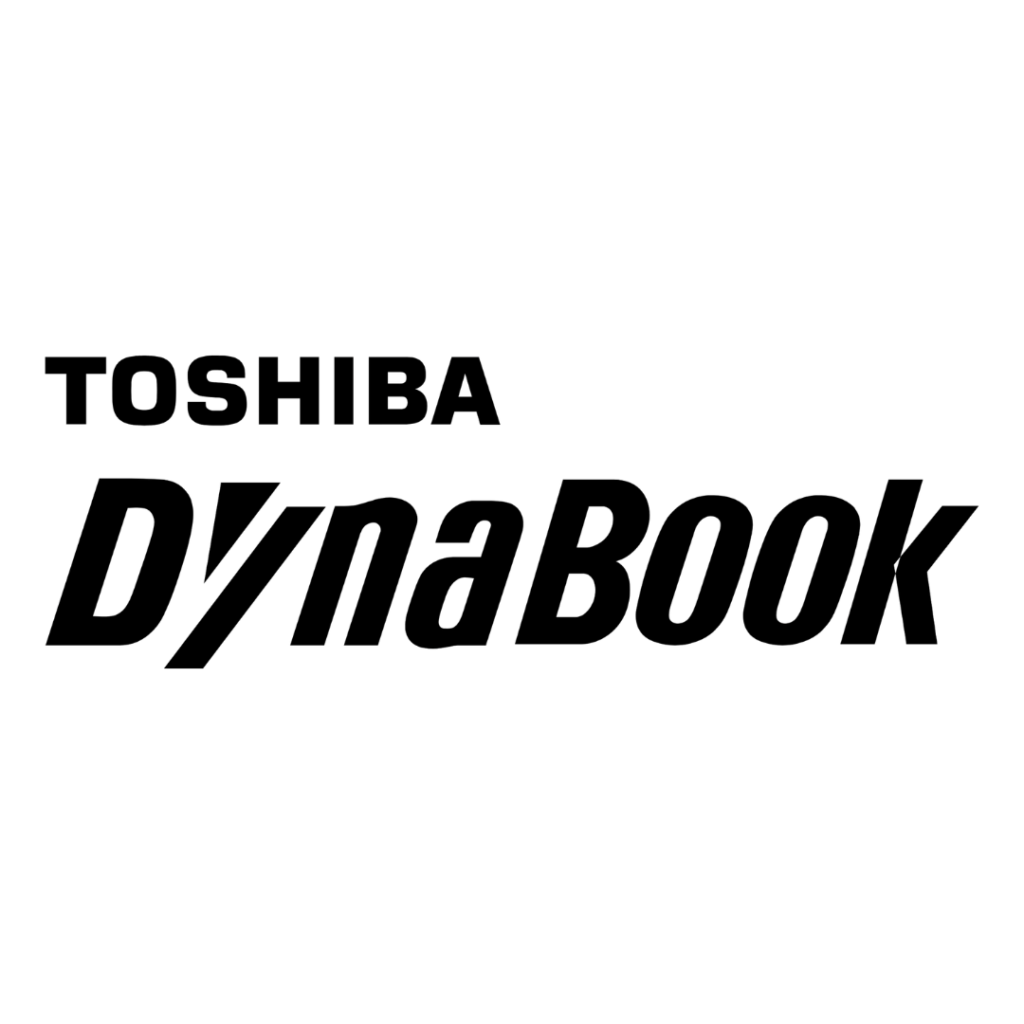
Toshiba (Dynabook)
Once a dominant player in the laptop market, Toshiba now operates under the Dynabook brand. These laptops are primarily focused on business users and professionals, offering durability, reliability, and enterprise-level features. Dynabook devices emphasize security, lightweight design, and solid battery performance, making them popular in corporate environments.
B+
Overall Grade
4.5
8K+
Review
- Features
Business-focused designs with professional durability
Strong security features (biometric login, encryption options)
Slim and portable form factors
Solid-state drives for faster performance
Energy-efficient processors
- Benefit
Reliable for office and enterprise use
Secure systems tailored for professionals
Portable and efficient for work on the go
Pros :
✔ Trusted brand in business computing
✔ Strong emphasis on security
✔ Lightweight and portable designs
✔ Good battery life
Cons :
✘ Limited appeal for gamers or casual users
✘ Less innovative compared to competitors
✘ Availability may be limited in some regions
4
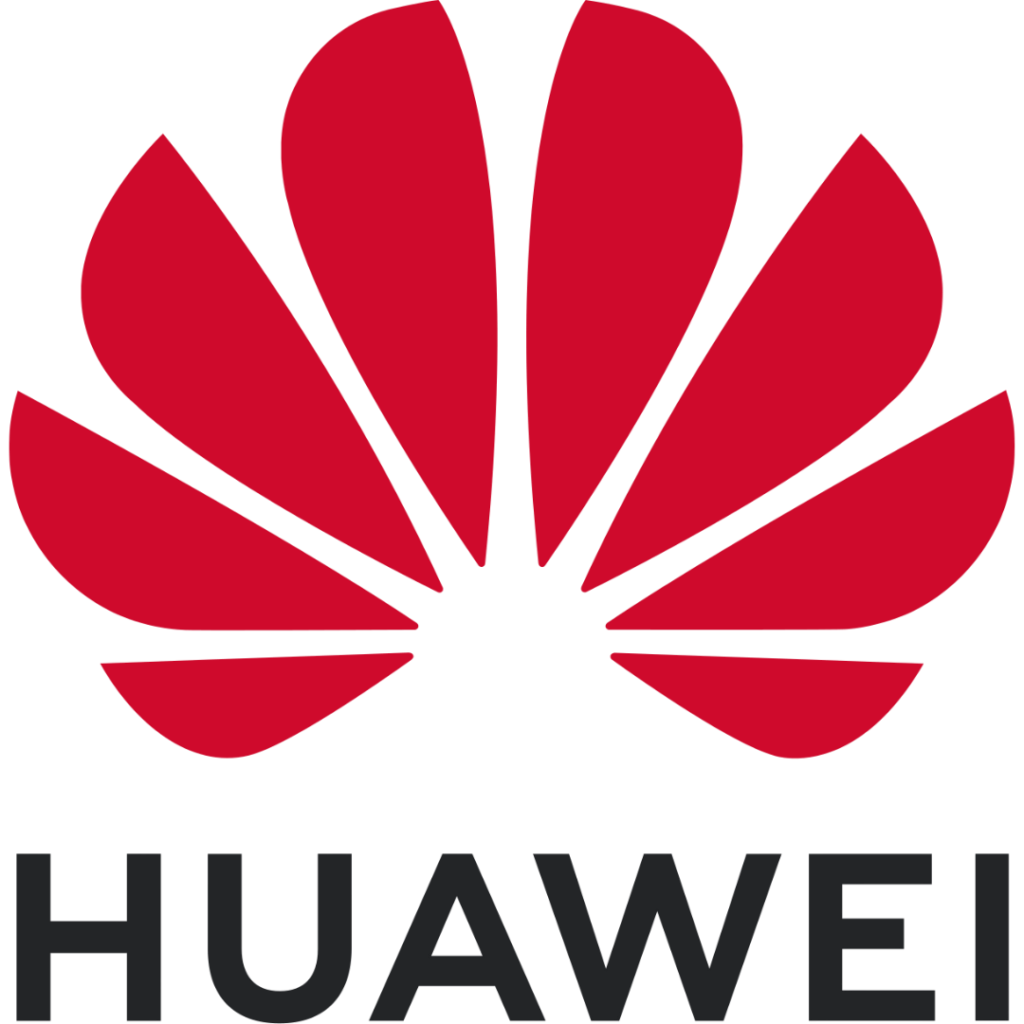
Huawei
Huawei has gained global attention for its MateBook lineup, which blends premium design, vibrant displays, and affordability. Known for their resemblance to MacBooks in design, MateBooks feature slim aluminum builds, long battery life, and strong integration with Huawei smartphones. They are an attractive option for students, professionals, and creative users seeking a balance of performance and price.
B-
Overall Grade
4.3
8.5K+
Review
- Features
Sleek aluminum design
High-resolution Full HD and 2K displays
Huawei Share for phone-laptop connectivity
Long-lasting battery with fast charging
Intel and AMD processor options
- Benefit
Affordable premium experience
Great for users already in the Huawei ecosystem
Stylish design comparable to higher-end brands
Pros :
✔ Premium look and feel at competitive prices
✔ Strong display quality
✔ Smooth phone-laptop integration
✔ Good overall battery performance
Cons :
✘ Limited availability in some countries
✘ Not ideal for high-end gaming
✘ Customer support can vary by region
5
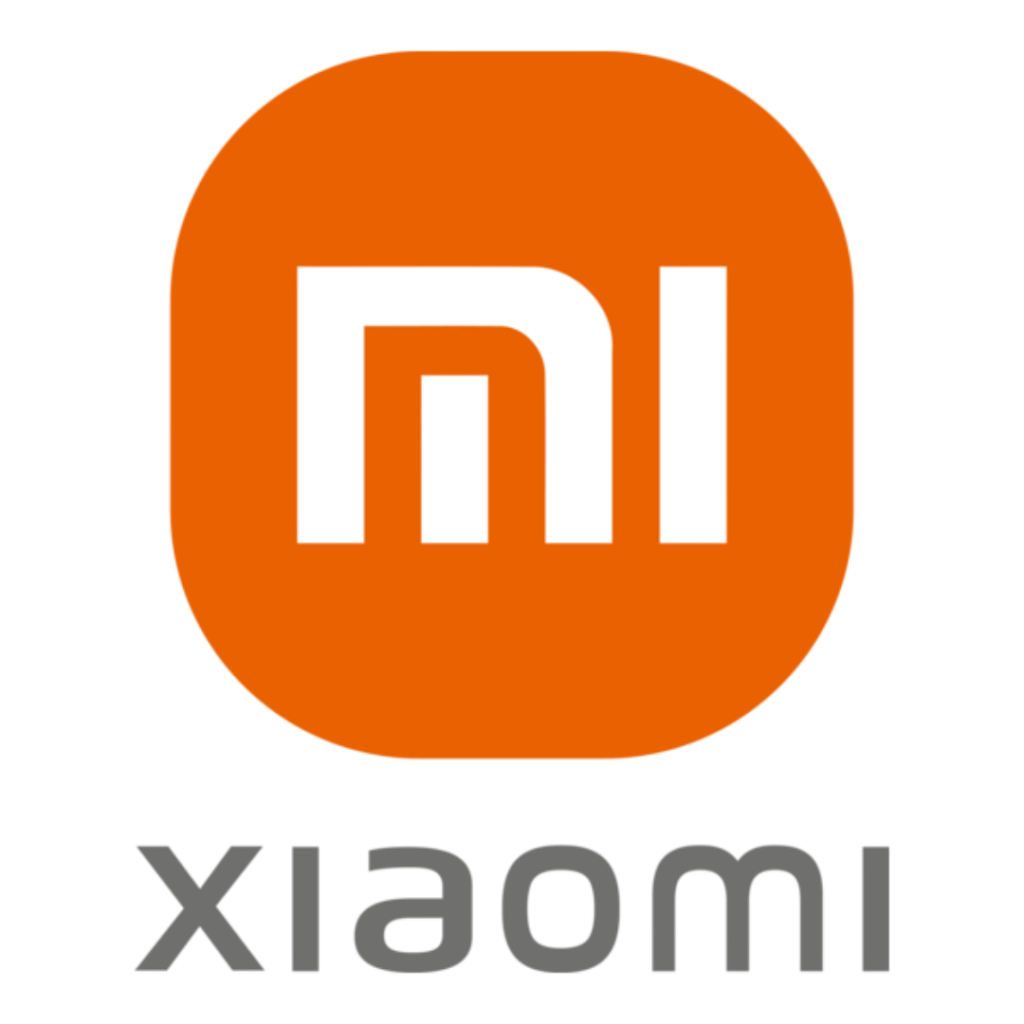
Xiaomi
Xiaomi has expanded from smartphones into the laptop market with its Mi Notebook and RedmiBook series. Known for affordability and solid performance, Xiaomi laptops offer slim designs, decent displays, and good battery life at budget-friendly prices. They are an excellent choice for students, casual users, and professionals on a budget who want everyday reliability without overspending.
C+
Overall Grade
4.0
6.5K+
Review
- Features
Budget-friendly pricing
Slim and lightweight design
Long battery life with fast charging
Full HD displays
Good performance for productivity tasks
- Benefit
Great value for money
Reliable option for students and entry-level users
Simple, modern design
Pros :
✔ Affordable pricing with solid specs
✔ Lightweight and stylish design
✔ Good battery efficiency
✔ Strong choice for everyday use
Cons :
✘ Limited availability outside Asia
✘ Not designed for gaming or heavy workloads
✘ Customer support not as strong globally
Summary Conclusion
The global laptop industry thrives on diversity, and the brands Alienware (Dell Subsidiary), LG Gram, Toshiba Dynabook, Huawei, and Xiaomi are perfect examples of how different manufacturers tailor their devices to meet specific user needs. Each brand holds its own strengths and weaknesses, making it essential for buyers to carefully match their requirements with what these companies offer.
Alienware, a subsidiary of Dell, is widely recognized as the ultimate choice for gamers and performance enthusiasts. With its high-end graphics cards, advanced cooling systems, customizable RGB lighting, and futuristic designs, Alienware laptops provide a level of performance that caters not only to gamers but also to content creators, designers, and professionals who require powerful machines for demanding tasks. While the cost can be premium, the long-term reliability, raw power, and immersive gaming experience justify the investment for serious users.
In contrast, LG Gram has built its reputation on ultra-lightweight design and impressive portability. Its laptops are designed for people who value mobility, such as frequent travelers, students, and business professionals. The standout feature is its exceptional battery life, which allows users to remain productive for long hours without constantly looking for a power outlet. Though it may not compete with gaming-focused devices, the LG Gram offers the perfect balance between portability and productivity, making it one of the most travel-friendly laptops on the market.
Toshiba Dynabook (formerly known as Toshiba laptops) remains a solid option for business and enterprise users. Its focus is less on flashy designs and more on durability, dependability, and enterprise-level security. These laptops are engineered to handle daily workloads with efficiency and stability, making them especially appealing to corporations, institutions, and professionals who need devices they can count on for years. Toshiba’s consistent approach proves that functionality and security are often more important than style, especially in business environments.
Meanwhile, Huawei has risen as a strong contender in the premium laptop space with its MateBook series. Known for sleek designs, sharp displays, and strong processing power, Huawei laptops provide a near-premium experience at more affordable price points compared to competitors like Apple. Their seamless integration with Huawei’s ecosystem of devices also adds to the appeal, creating a smooth digital workflow for users. Despite some availability limitations in certain regions, Huawei continues to gain recognition as a brand that blends style, performance, and affordability in a compelling way.
Lastly, Xiaomi has taken its successful smartphone strategy and applied it to the laptop market, offering budget-friendly, practical laptops for everyday users. With series like the Mi Notebook and RedmiBook, Xiaomi ensures that students, first-time buyers, and cost-conscious consumers have access to reliable laptops without breaking the bank. While they may not deliver the raw performance of Alienware or the sleekness of Huawei, Xiaomi devices focus on value, usability, and affordability, making them an attractive choice for those looking to maximize their investment.
Together, these five brands—Alienware, LG Gram, Toshiba Dynabook, Huawei, and Xiaomi—demonstrate that there is no one-size-fits-all laptop. Instead, each excels in its own category:
Alienware for unmatched gaming and power
LG Gram for portability and battery life
Toshiba Dynabook for business reliability
Huawei for stylish, affordable performance
Xiaomi for budget-friendly practicality
Ultimately, the best laptop brand for you depends on your individual needs, lifestyle, and budget. By carefully considering whether you prioritize power, mobility, durability, style, or affordability, you can make an informed decision that ensures your laptop not only meets your current demands but also enhances your work, study, entertainment, and overall digital lifestyle for years to come.

